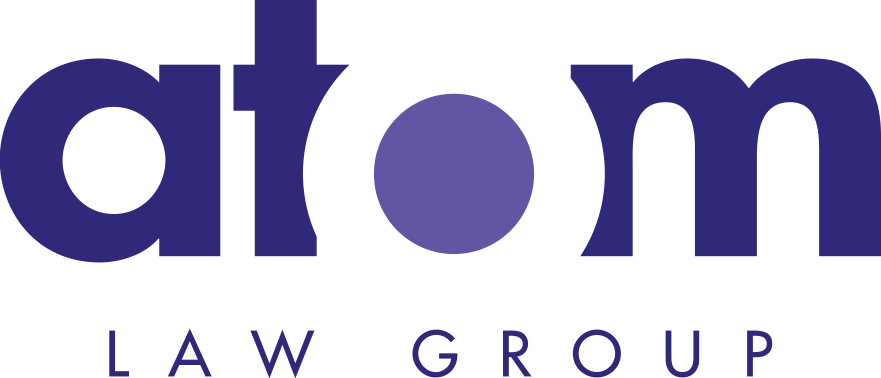Commercial Leases
When you are looking to buy or sell commercial properties in the United States, there is a variety of legal hurdles to overcome that can be challenging without proper legal representation. That is where Atom Law Group is here to help.
How Atom Law Group can Benefit Your Commercial Real Estate Transaction
- Legal expertise: An attorney with experience in commercial leasing can advise you on the legal implications of the lease terms and help you understand your rights and responsibilities as a tenant.
- Protecting your interests: An attorney can negotiate on your behalf to ensure that the lease terms are favorable to you and protect your interests, such as by negotiating for more favorable rent terms or more flexible lease terms.
- Identification of potential issues: An attorney can review the lease and identify any potential issues or areas of concern that you may not have considered, such as the language used in the lease, the rights and responsibilities of both parties and any potential liabilities.
- Tailoring the lease to your business: An attorney can help you tailor the lease to your specific business needs, such as ensuring that the lease includes provisions for the type of business you operate and the specific use of the property.
- Minimizing risks: An attorney can help you minimize the risks associated with leasing commercial property, such as by negotiating for liability protections or by identifying and addressing any potential legal issues.
- Helping to navigate the legal process: An attorney can help you navigate the legal process of leasing commercial property, including reviewing and drafting the lease, communicating with the landlord, and filing any necessary documents.
- Helping with disputes: An attorney can help you in case of disputes that may arise during the course of the lease.
